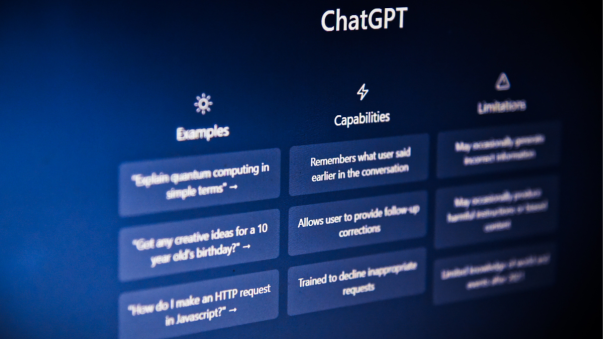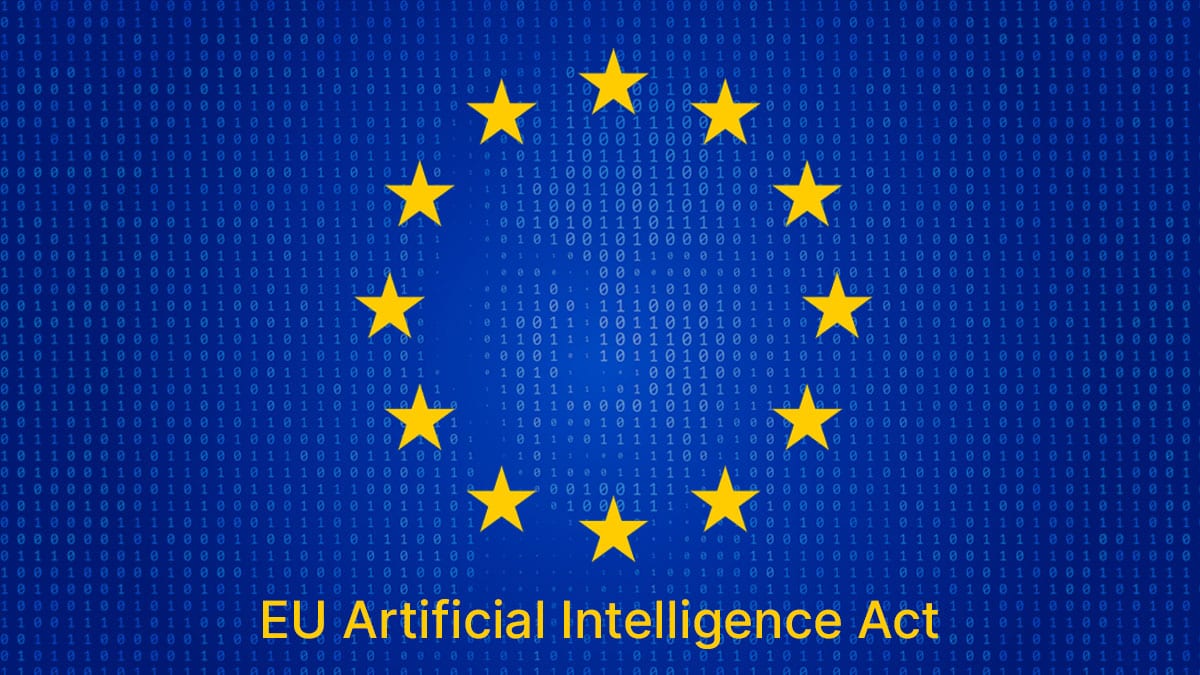What can ChatGPT Really Do for your Business?
ChatGPT is currently a hot topic, but what exactly are the practical benefits for business?

Artificial Intelligence (AI) is the hot topic right now, especially the AI-powered language generation tool – ChatGPT. One study has found that 19% of workers will have 50% of their tasks impacted by ChatGPT and there are already 100 million active monthly users, but what are the real benefits for business?
What is ChatGPT
ChatGPT is the AI language generation tool from OpenAI. The technology uses Machine Learning (ML) algorithms to understand and generate text. The latest development is GPT-4, which is claimed to exhibit human-level performance against professional and academic benchmarks. GTP-4 is also multimodal which means it works more media types than its predecessor, including visuals.
What is certain is that AI is already changing the way businesses communicate with their customers and their employees. From crafting a quick response to an email and improving customer service, to advanced chatbots and analytic tools delivering insights by processing vast amounts of data quickly, ChatGPT can automate repetitive tasks effortlessly, spot opportunities and optimise company resources.
How business could use ChatGPT
With billions of dollars being poured into OpenAI by Microsoft, the technology is advancing quickly, too quickly for some technologists who say that there should be a pause on the development of AI systems exceeding GPT-4 until the broader consequences are fully understood.
In the meantime, as the technology advances – so do to the applications. Here are just a few developments in key sectors that give us some idea of where the technology could be heading and its potential.
BPOs (Business Process Outsourcers) – AI is transforming contact centres in tools such as Genesys, but it’s set to go even further. By understanding and responding to natural language inputs, ChatGPT is ideal for creating assistive technologies to help people with disabilities communicate more effectively. People with speech impairments, for instance, can have the speech converted to text. Take this one step further and you get a virtual assistant that can help people with disabilities make phone calls, schedule appointments and interact easily with customer support channels.
Retail – ChatGPT can analyse huge volumes of customer data to provide valuable insights in buyer behaviour, revealing which products are most popular, which marketing channels are most effective and what drives customer loyalty and repeat business.
Marketing – Similar to the way streaming services use AI to deliver personalised content recommendations based on viewer history, AI can then tailor marketing campaigns to create messages that better resonate with individual customers – something valuable for every sector.
Financial services – With new regulatory mandates knocking at the doorsteps of financial institutions, the need to ensure ongoing compliance is mission critical. AI systems help make compliance processes more efficient and effective for the industry, reducing human error and regulatory breaches. Generative AI could play a role in preventing cyberattacks too. Large language models (LLMs) used by ChatGPT can identify language patterns and anomalies to detect unusual activity, in emails, or social media.
Healthcare – Research released from Drexel University found that the same NLP techniques that ChatGPT uses can be used to identify Alzheimer’s in patients. This could lead to a tool to allow medical settings such as doctor visit to screen for Alzheimer’s. For doctors, ChatGPT can even analyse a medical document such as blood test and provide potential diagnoses for review.
Limitations and downsides
Alarm bells are ringing across certain industries, given ChatGPT’s perceived ability to mimic human creativity, Academia is one such sector as students turn to ChatGPT to write their essays. GPT-4 is already able to pass the infamously difficult qualifying test for would-be lawyers – the Uniform Bar Exam – so plagiarism and exam fraud are real concerns for educators.
There are ethical implications to consider too. In providing responses to users, it’s possible that ChatGPT could be infringing data and privacy laws. Intellectual property could also be compromised. This has already resulted in a ban of the technology by Italy’s national privacy regulator.
Generative AI goes mainstream
As the technology develops further and applications proliferate, the ChatGPT app and other forms of generative AI will become a critical part of mainstream business operations. Implementing ChatGPT is relatively simple if your development team has experience of integrating APIs, however, companies such as DigitalWell with years of experience of integrating AI into customer-facing business functions can help you achieve the best solution for your needs.
When it comes to CX, there are already many easy wins to gain by deploying AI. Talk to one of our experts about how the AI-powered components of our solution stack can help improve your digital transformation. To discover how AI is helping businesses with CX and other applications, download our Business Communications report.


